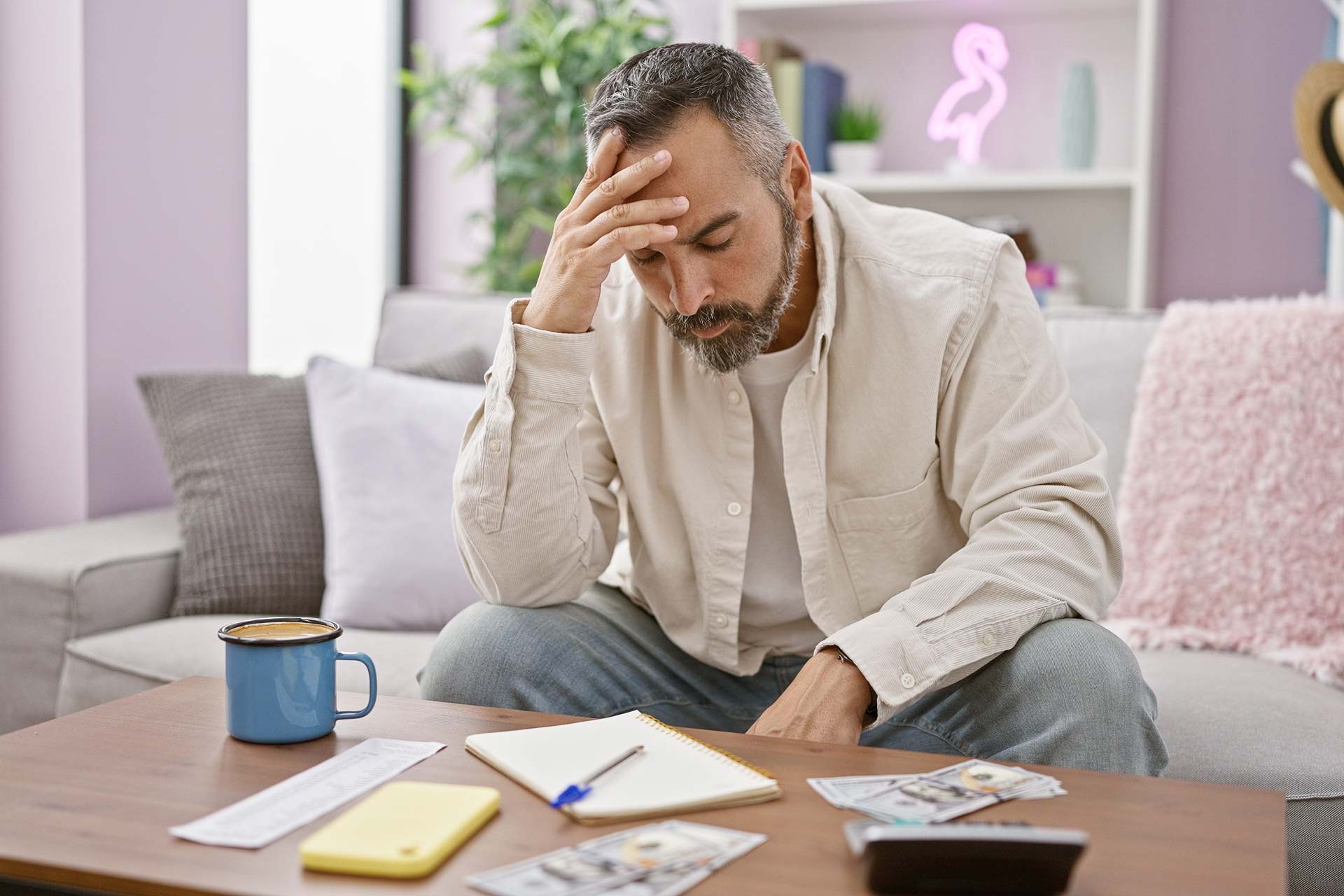Social Security Paper Checks Are Over — Here's How You Can Still Get Your Benefits
Oct 1, 2025

If you’ve been receiving your Social Security check by mail, you’ve likely already noticed a big change. As of September 30, 2025, the U.S. Treasury and Social Security Administration (SSA) have stopped mailing paper checks for federal benefits. Payments are now made through direct deposit or the Direct Express debit card.
The change is meant to cut costs and prevent fraud, but many seniors are now navigating a system they don’t fully trust, particularly those without bank accounts, internet access, or digital know-how.
More ways get more funds
| Provider | Special Offer | Take Action |
|---|---|---|
| National Debt Relief | Be debt free in as little as 12-48 months | Get Free Consultation |
| American Home Shield | 50% off select plans | Get Free Quote |
| Charlie | Get Social Security payments 3-5 days early | Sign up for free |
| Branded Surveys | Earn cash and gift cards for sharing opinions | Sign up to start earning |
| T-Mobile | 5G unlimited internet for just $35 a month | Get a 15-day free trial |
Why This Happened
The government has long favored electronic payments for being faster, safer, and far cheaper to process. Mailing a check used to cost over $1; direct deposits cost just pennies.
Still, for older adults who’ve relied on paper checks for decades, the shift can feel abrupt and impersonal.
"We're being forced into a digital system many of us didn't ask for and don't fully understand," says Lorraine M., 77, a retiree in Kansas. "I don't even own a computer."
What If You Don’t Have a Bank Account?
Roughly 7 million U.S. households are unbanked, according to the FDIC, and seniors make up a notable portion of that group. For these individuals, the Treasury is offering the Direct Express card, a prepaid debit card that doesn't require a traditional bank account.
While this sounds simple on the surface, there are still challenges. Not every merchant accepts prepaid debit cards. Some seniors fear loss, theft, or misuse. Others worry about fees, though the government claims most basic services are free.
For those looking for a more flexible and modern banking option, Go2Bank offers a user-friendly mobile platform designed to help customers manage their money with ease. Seniors can benefit from no monthly fees with qualifying direct deposits, early access to their pay or benefits up to two days early, and even a high-yield savings account with competitive interest rates. It also includes credit-building tools and overdraft protection up to $200 for eligible users. You can get started easily online.
Fraud Risks and Digital Dangers
One concern with the digital transition is the risk of fraud. Seniors are already prime targets for scams, and cybercriminals often exploit confusion around benefit changes to steal identities or redirect payments.
The SSA has warned beneficiaries to be cautious of any emails, phone calls, or texts claiming to help with the transition. Official communication will never ask for your Social Security number or bank info over the phone.
those looking to earn a bit of extra money at their own pace, Kashkick makes it easy to get paid for sharing opinions, answering surveys, and exploring new offers. The platform has a low cash-out minimum of just $10, and payments are sent via PayPal. You can start earning now with just a few clicks.
ForIs There Any Way to Get Paper Checks Again?
Technically, a small number of exemptions are still possible, though they’re rare. According to the SSA, individuals can request a waiver for religious reasons or if they live in areas where electronic payments are not feasible. However, the burden of proof is high, and approval isn’t guaranteed.
For seniors in rural areas or without broadband access, this change may feel like a forced and unfair burden.
"I live 45 minutes from the nearest bank or ATM," says Henry T., 82, from Mississippi. "How is this better for me?"
In such cases, prepaid cards may not be ideal either. If you’re concerned about sudden home repairs or rising maintenance costs, Vanguard Home Warranty makes it easy to find coverage that fits your needs and budget. You can explore coverage options by entering your zip code to compare plans and see if you qualify for up to $200 in savings.
It’s not a government payout, but this senior-friendly bundle of solutions is helping older Americans unlock real financial relief when they need it most.
What You Should Do Now
If your payment didn’t arrive by paper check this month, here’s what to do immediately:
- Call or visit the SSA to ensure your payment method is current and correct.
- Set up direct deposit or request a Direct Express card if you haven’t already.
- Educate yourself on digital safety to protect against fraud.
- Explore banking alternatives if traditional banks don’t suit you.
And if you're worried about making your money stretch further, National Debt Relief offers a proven solution. With a free consultation, you can find out if you qualify to pay up to 30% less than what you owe and become debt-free in as little as 24 to 48 months. Their specialists will work with you to build a plan tailored to your budget. If you qualify, you could lower your debt with no upfront fees.
What This Change Really Means for Seniors
The end of paper checks marks a turning point for millions of older Americans. For some, it’s a welcome step toward modernization. For others, it’s a jarring disruption of deeply ingrained routines.
Either way, staying informed and proactive is the best way to avoid missed payments, fraud, or unnecessary stress. With the right tools and a little planning, you can keep control over your finances, even when the system changes without your say.







